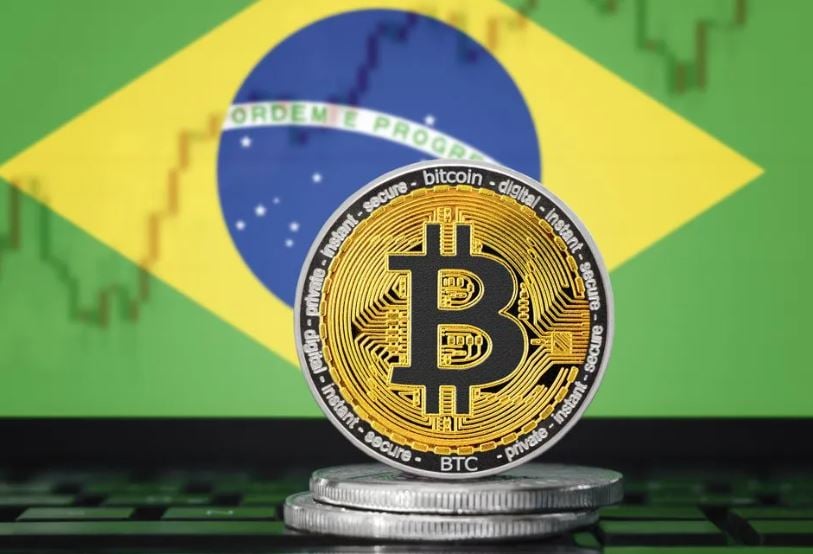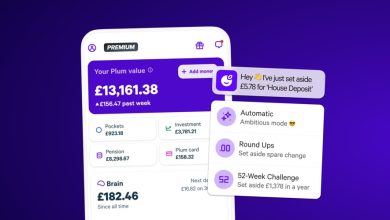Brazil Finance Minister Backs CBDC, as $19B BTC Plan Stirs Debate


Brazil’s Finance Minister Fernando Haddad has for the country’s central bank digital currency project, saying it could strengthen transparency in financial flows and make transactions more efficient during a podcast interview.
Haddad’s comments, reported by specialized crypto and financial media earlier this week, highlight the government’s political backing for the digital real, known as Drex. He said the initiative would allow closer oversight of money movements without placing unnecessary burdens on citizens or businesses.
“The digital real has the capacity to bring more transparency and ease to financial transactions,” Haddad was quoted as saying, noting that the system could reduce inefficiencies while modernizing Brazil’s payments network.
Brazil’s central bank has been piloting Drex as part of its broader digital finance strategy. The currency is designed to operate alongside Pix, the country’s instant-payment system, and could eventually support programmable transfers, tokenized assets, and smart contracts.
Officials argue that the project could lower settlement costs and improve monitoring of public spending, but analysts warn of potential risks. Concerns include secureguarding user privacy, avoiding disruption to commercial banks, and securing the system against cyberattacks.
The central bank has previously confirmed that Drex will undergo gradual testing before any nationwide rollout. Haddad’s endorsement signals that the finance ministry views the CBDC as a key step in Brazil’s digital economy agenda. Initially rollout is slated for 2026, with the final integration and blockchain interoperability with a longer target of 2030.
Brazil’s $19 billion BTC Plan
Brazil remains one of the South American nations openly supporting cryptocurrency and digital asset innovation.
Earlier this year, that how it introduced a bill proposing to allocate $19 billion from its national budget to purchase BTC, the world’s leading cryptocurrency.
The proposal has divided opinion in the market. Supporters argue it could strengthen Brazil’s long-term monetary outlook if implemented carefully, while critics warn of risks tied to volatility and fiscal exposure.
The country has also become a hub for crypto and stablecoin developments. Several entities are launching products that leverage existing payment rails to expand adoption.
In one announcement, to facilitate quicker payments with stablecoins and other cryptocurrencies, following a partnership with local firm Aeon.
Meanwhile, to enable easier payments. The bank cited rising demand for digital assets as the main reason behind the pilot program.







